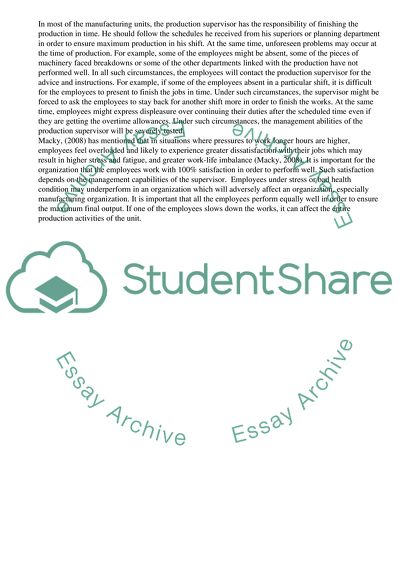Cite this document
(“Managing Employee Performance Term Paper Example | Topics and Well Written Essays - 2500 words”, n.d.)
Managing Employee Performance Term Paper Example | Topics and Well Written Essays - 2500 words. Retrieved from https://studentshare.org/management/1566911-issues-in-employee-preformance-essay
Managing Employee Performance Term Paper Example | Topics and Well Written Essays - 2500 words. Retrieved from https://studentshare.org/management/1566911-issues-in-employee-preformance-essay
(Managing Employee Performance Term Paper Example | Topics and Well Written Essays - 2500 Words)
Managing Employee Performance Term Paper Example | Topics and Well Written Essays - 2500 Words. https://studentshare.org/management/1566911-issues-in-employee-preformance-essay.
Managing Employee Performance Term Paper Example | Topics and Well Written Essays - 2500 Words. https://studentshare.org/management/1566911-issues-in-employee-preformance-essay.
“Managing Employee Performance Term Paper Example | Topics and Well Written Essays - 2500 Words”, n.d. https://studentshare.org/management/1566911-issues-in-employee-preformance-essay.


